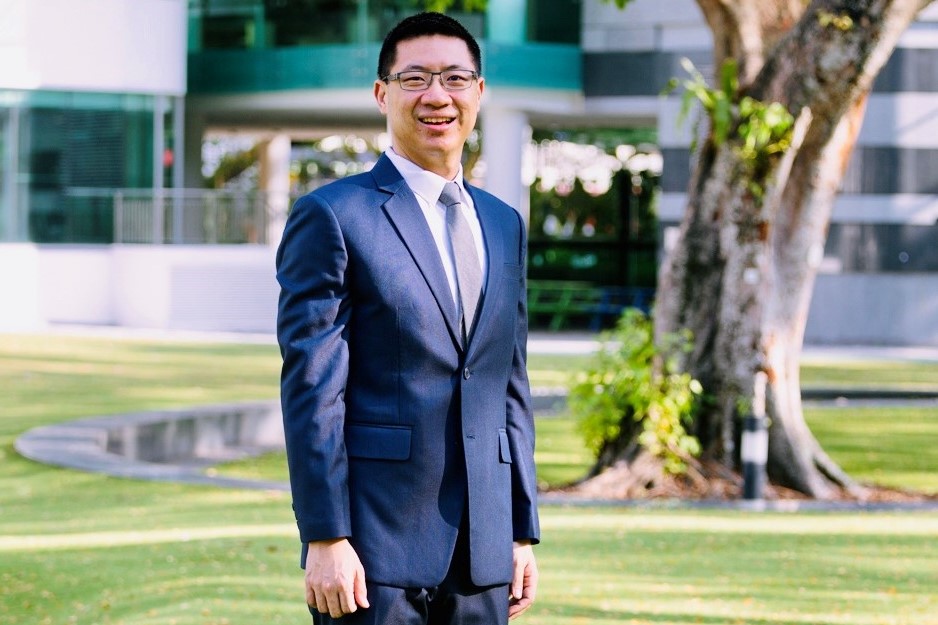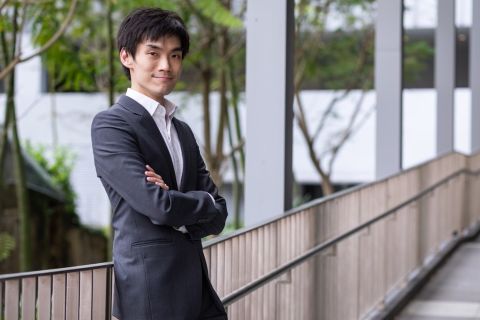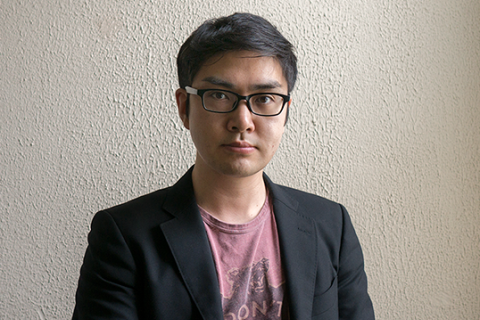
By Grace Segran
SMU Office of Research & Tech Transfer – Technology is available for tax returns and audit reports but it cannot provide vital skills like teamwork, communication, and emotional intelligence. Professional accounting bodies (AICPA 2018; CPA Australia 2021; Singapore Accountancy Commission 2020) have indicated that these skills are increasingly desirable in the accounting profession.
In addition, educational accreditation bodies (AACSB 2017; EFMD 2019) explicitly require business schools to incorporate teamwork into their curriculum. Traditionally, course assessment mainly includes individual assessment (e.g., tests, exams, etc.).
“In response to these demands, accounting educators have increasingly included team activities in accounting courses to help improve the students’ ability to work with others, communication skills, and other soft skills,” SMU Assistant Professor of Accounting (Education) Prasart Jongjaroenkamol told the Office of Research & Tech Transfer. “However, little has been discussed about the impact of different assessment types on the students’ incentive to study.”
Keen to fill that gap, Professor Jongjaroenkamol investigated the impact of the use of team-based assessment on students’ motivation to study in his recent working paper titled “Optimal Weights of Individual vs. Team Assessments: Implications for Accounting Education”. The research also examines how relative weights between individual and team assessment affect the students’ motivation to study.
“Although prior research discusses factors that affect the success of team projects, little was discussed as to how relative weights between individual and team assessments affect the team project experience,” says Professor Jongjaroenkamol. “Understanding how the weights between different assessment types affect students’ motivation can help instructors design the assessment scheme in their courses.”
The study attests to Professor Jongjaroenkamol’s passion for teaching. “I have become increasingly interested in educational research as I accumulate extensive teaching experience,” he says. “My objective is to better understand the framework of education, and eventually, to seek ways to improve the way we educate our students.”
Methodology
Professor Jongjaroenkamol used an analytical approach in the study. Specifically, he applied an economic model, namely a principal-agent model, to a classroom setting.
“In this study, I consider a setting in which there are students with various abilities (i.e., strong students and weak students). There is also an opportunity for students to cooperate such that strong students can help weak students learn but the instructor cannot directly force them to do so. Instead, the instructor must use an assessment scheme (i.e., individual and team assessments) to incentivise such an action,” he explains. The instructor can use individual assessments, team assessments, or a combination of both. If the instructor uses both types of assessment, the weight between each assessment type must be assigned.
Outcome
Professor Jongjaroenkamol found that team-based assessments can cut both ways. On the one hand, they help encourage students to cooperate to help each other learn, consistent with the notion of peer learning. On the other hand, team-based assessments can disincentivise students to study because they have less control over the final output and results (as opposed to individual assessments where they have more control over the results).
“To illustrate, if students study hard for the individual assessment, they will likely do well. However, if students work hard on the team assessment, there is a chance that they will not do well if other team members are not working hard. Anticipating this effect, students may have less motivation to work hard, to begin with,” argues Professor Jongjaroenkamol.
Building on these effects, the study shows how the change in weight assigned to each assessment component affects the students’ motivation. “Interestingly, this effect is not monotonic,” Professor Jongjaroenkamol says. “When the weight assigned to team assessment is low, students have little or no incentive to cooperate. Students probably don’t care and just focus on individual assessments. Increasing this weight will disincentivise students from studying as more weight is applied to the assessment component where they have less control.”
When the weight assigned to team assessment is moderate, there is positive association. Increasing this weight helps incentivise students to cooperate and study hard for the subject.
When the weight assigned to team assessment is high, the students already have an incentive to cooperate. Therefore, increasing this weight will not provide any additional benefits but disincentivises students from studying as more weight is applied to the assessment component where they have less control.
In the study, Professor Jongjaroenkamol demonstrated a factor that affects how the weights between team and individual assessments should be designed. In a situation where it is challenging to motivate weak students to study, applying more weights to team assessment can be helpful. However, in a situation where it is not very challenging to motivate weak students to study, applying little to no weight to team assessment can better motivate students to study.
Implications
According to Professor Jongjaroenkamol, this study has implications for educational assessment policy. It is well documented that team projects are beneficial to students. However, the benefits may vary depending on the nature of the course. Therefore, the study suggests that educational administrators should not impose the same requirements on the assessment component weights across all courses and disciplines.
“For example, in accounting and business education, instructors may wish to apply less weight on the team assessment in courses that are essential for future professional qualifications and apply more weight on the team assessment in elective courses,” he adds.
Although the implications on accounting and business education are discussed, Professor Jongjaroenkamol believes the results of this study apply to all disciplines.
Back to Research@SMU Nov 2021 Issue
See More News
Want to see more of SMU Research?
Sign up for Research@SMU e-newslettter to know more about our research and research-related events!
If you would like to remove yourself from all our mailing list, please visit https://eservices.smu.edu.sg/internet/DNC/Default.aspx

